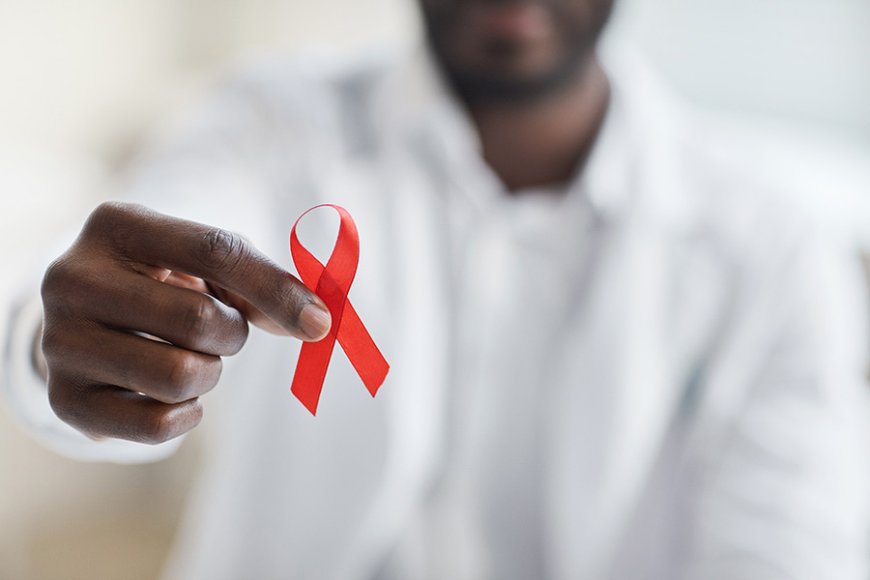MSM Community in Ghana Faces Significant HIV Risk, Study Finds

A recent study, the Ghana Men's Study II (GMSII), aimed to assess the prevalence of HIV and other sexually transmitted infections (STIs) among men who have sex with men (MSM) in Ghana has revealed that MSM in Ghana are disproportionately affected by HIV, with a significant prevalence of HIV and other STIs such as Hepatitis B, Syphilis, and Herpes Simplex Virus Type 2.
MSM across 10 selected regions of Ghana were recruited using RDS. The following regions were included in the GMS II: Greater Accra Region (Accra and Tema); Eastern Region (Koforidua); Brong-Ahafo Region (Sunyani); Western Region (Takoradi); Central Region (Cape Coast): Ashanti region (Kumasi); Northern region (Tamale); Upper East (Bolgatanga); Upper West (Wa) and the Volta region (Ho). Implementation of the Integrated Bio-Behavioral Surveillance Survey(IBBSS) took place in all 10 regions of Ghana. For data analysis purposes, Wa, Tamale and Bolgatanga were collapsed and renamed to Northern Ghana.
Key Findings of the Study
- The study assessed the prevalence of HIV and other STIs among MSM in Ghana.
- The study also examined behavioral risk factors that contribute to the HIV vulnerability of MSM in Ghana.
- The study generated estimates of the size and distribution of MSM in the 10 regions of Ghana.
Global Context
Globally, MSM are 26 times more likely to acquire HIV compared to the general population. In Ghana, the study's findings highlight the need for targeted interventions to address the specific needs of MSM.
Recommendations
The study's findings emphasize the importance of providing MSM with access to critical prevention, treatment, care, and support services. This includes:
- HIV testing and counseling: Regular HIV testing and counseling services should be made available to MSM.
- Pre-exposure prophylaxis (PrEP): PrEP should be made available to MSM who are at high risk of acquiring HIV.
- STI treatment and prevention: STI treatment and prevention services should be made available to MSM.
- Behavioral interventions: Behavioral interventions should be implemented to address the specific needs of MSM and reduce their vulnerability to HIV.
By implementing these recommendations, Ghana can make significant progress in addressing the HIV epidemic among MSM and reducing the disproportionate impact of HIV on this population.
Source: Florence Kyei / Lead News Online
The author is an Health & Climate Journalist and Editor at Lead News Online.
Email: [email protected]
Linkedin: https://www.linkedin.com/in/florence-kyei-970764140
Twitter: https://x.com/evlogia_7
























































